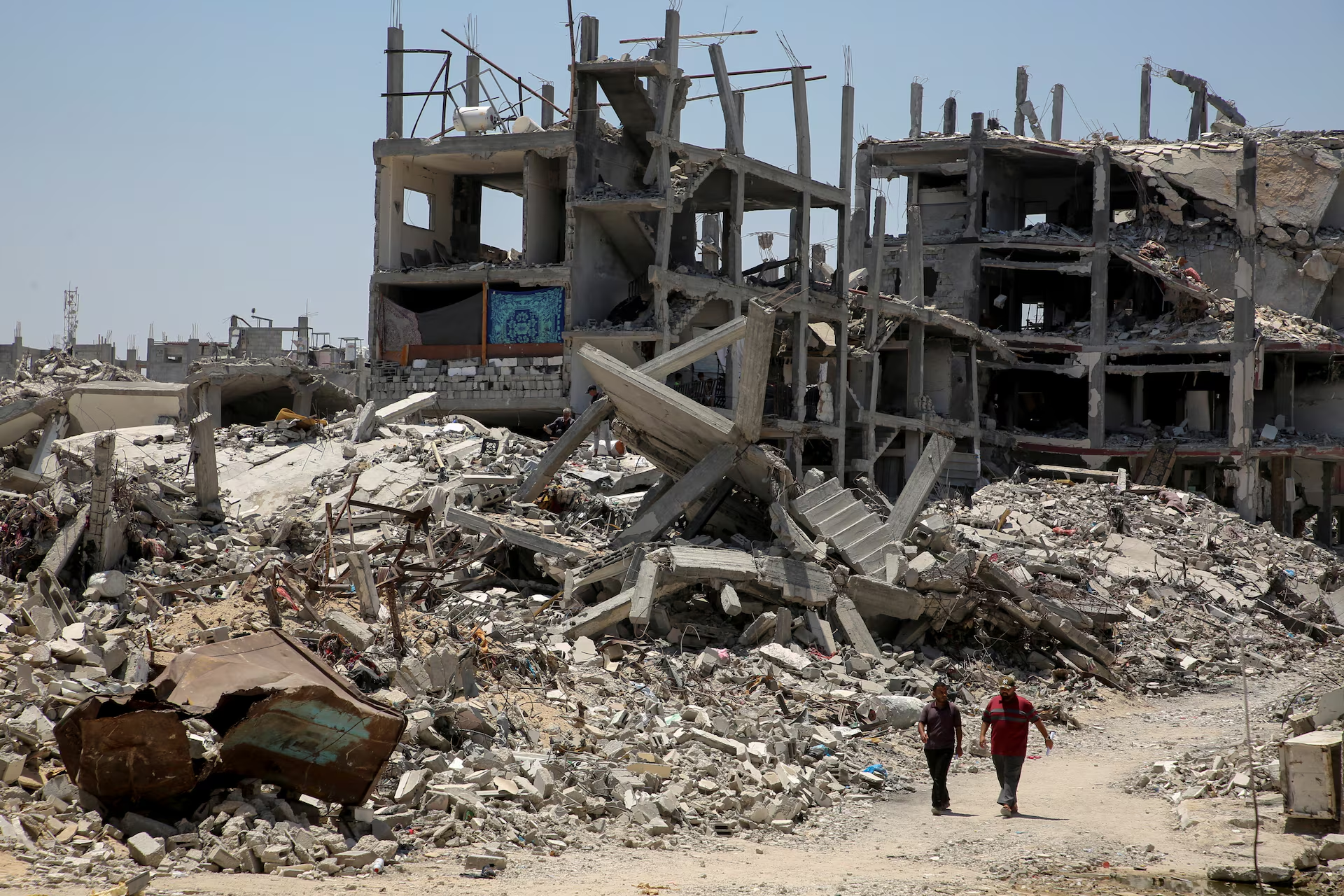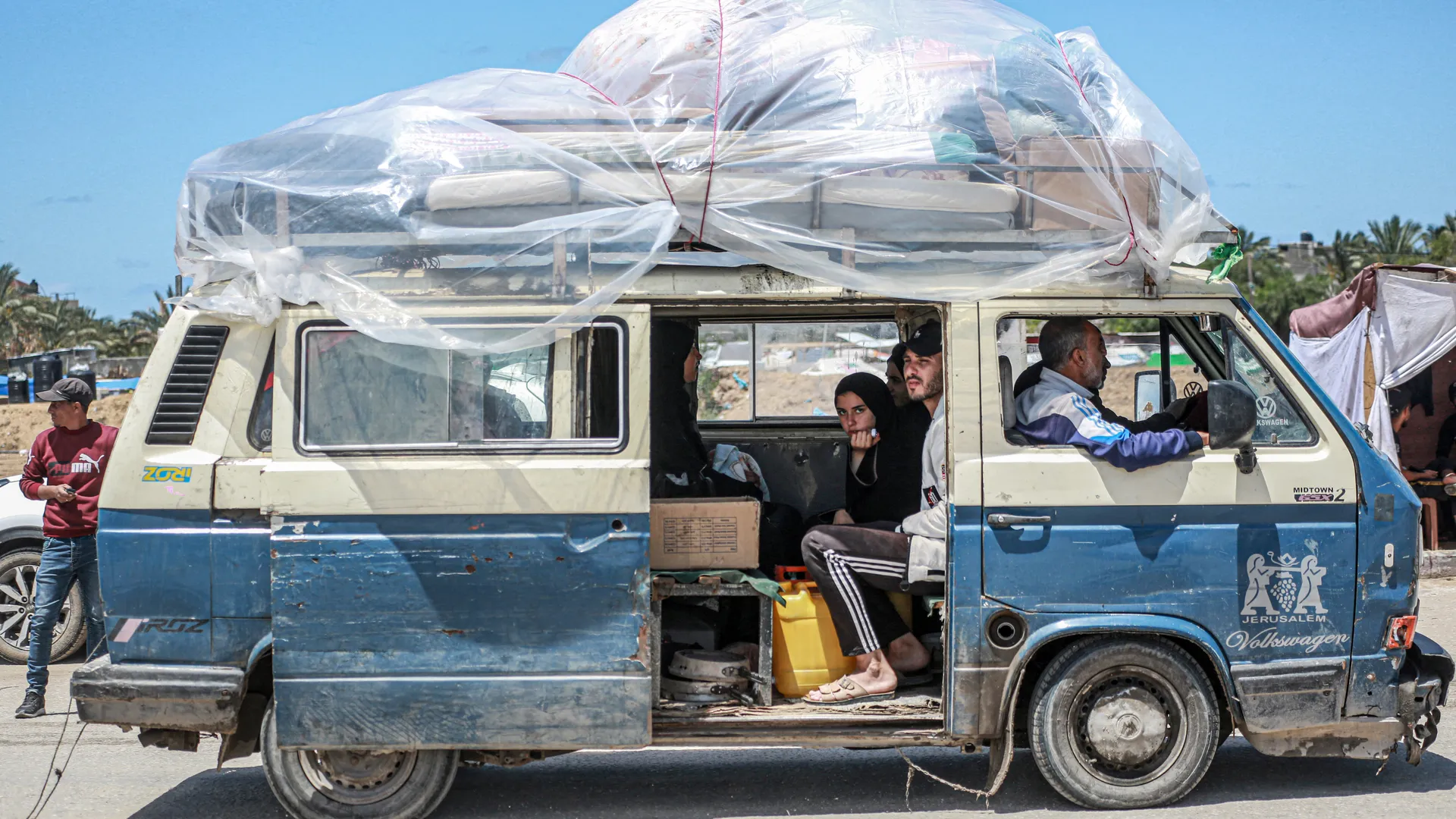Escalating Violence in Gaza
The ongoing conflict between Israel and Hamas has led to a catastrophic humanitarian crisis in Gaza. Following the attack by Hamas on Israel on October 7, 2023, Israel launched a military response that has resulted in widespread destruction and suffering. As of May 2024, the Israel Defense Forces (IDF) had commanded approximately one million Palestinians to evacuate Rafah, the last relatively undamaged city in the Gaza Strip, pushing them into an area with no shelter and little hope for survival.
Evidence of War Crimes and Genocidal Intent
According to reports, the IDF"s actions appear consistent with international definitions of war crimes and even genocide. Statements from Israeli leaders, including Prime Minister Benjamin Netanyahu, have reflected a stark commitment to a military strategy that prioritizes destruction over protection of civilians. Netanyahu"s threats to turn Gaza into "rubble" and calls for the "total annihilation" of perceived enemies highlight a disturbing trend in Israeli military rhetoric and tactics.
International Reactions and Accountability
As the violence escalated, various international bodies began to scrutinize Israel"s actions. Francesca Albanese, the U.N. special rapporteur for the West Bank and Gaza, has asserted that Israel"s operations in Gaza can be classified as genocide. This view is supported by organizations like Amnesty International, which have documented numerous violations of international law. South Africa has taken a notable step by filing a genocide case against Israel at the International Court of Justice, marking a significant moment in the international community"s response.

In pictures: In the ruins of Gaza - July 10, 2024 | Reuters
Destruction of Rafah and Humanitarian Consequences
By late August 2024, satellite imagery indicated that nearly 44% of buildings in Rafah had been severely damaged or destroyed. The IDF"s strategic targeting of civilian infrastructure, including hospitals and schools, raises profound questions about legality and morality in warfare. As reported by Wikipedia, these actions are emblematic of a larger pattern of collective punishment against the Palestinian people, which has drawn condemnation from numerous human rights advocates.
Long-term Implications for the Palestinian Population
The implications of these military operations extend far beyond immediate destruction. The intent behind such military actions appears to be a calculated effort to render the Gaza Strip uninhabitable for its Palestinian residents. As the infrastructure crumbles and essential services like clean water, food, and medical assistance dwindle, the long-term viability of Palestinian communities hangs in the balance. The strategy of displacement, articulated by Israeli officials, suggests a deliberate plan to erase the Palestinian presence in Gaza.
The Role of Media and Public Perception
In the face of such overwhelming evidence, the role of media becomes crucial in shaping public perception and accountability. The framing of the conflict often leans towards justifying military actions under the guise of self-defense, overshadowing the humanitarian crisis unfolding in Gaza. As reported by BBC, narratives that emphasize Israeli security frequently obscure the lived realities of Palestinian civilians caught in the crossfire.
Calls for Solidarity and Action
With the growing recognition of the situation in Gaza as a potential genocide, activists and scholars alike are calling for increased solidarity with the Palestinian people. The need for transformative action is urgent, as the status quo perpetuates cycles of violence and suffering. The international community must confront these realities head-on, recognizing the dire need for humanitarian aid and accountability for those committing war crimes.

Israel hasn"t crossed "red line" with current Rafah operation ...

![[Video] Anti-ICE Protester Pepper Sprayed as CBP Agents Disperse Crowd in Minneapolis](/_next/image?url=%2Fapi%2Fimage%2Fthumbnails%2Fthumbnail-1768260677127-y71sb7-thumbnail.jpg&w=3840&q=75)

![[Video] Several injured as U-Haul truck drives through Iranian protestors in Los Angeles](/_next/image?url=%2Fapi%2Fimage%2Fthumbnails%2Fthumbnail-1768176682028-q95y6j-thumbnail.jpg&w=3840&q=75)
![[Video] Scuffle breaks out between Trump supporters and Anti-ICE protesters in Times Square](/_next/image?url=%2Fapi%2Fimage%2Fthumbnails%2Fthumbnail-1768165958203-hgcgb-thumbnail.jpg&w=3840&q=75)


![[Video] Gunfire between Iraqi security forces and Sadr militias in Baghdad](/_next/image?url=%2Fapi%2Fimage%2Fthumbnails%2Fthumbnail-1768343508874-4redb-thumbnail.jpg&w=3840&q=75)
